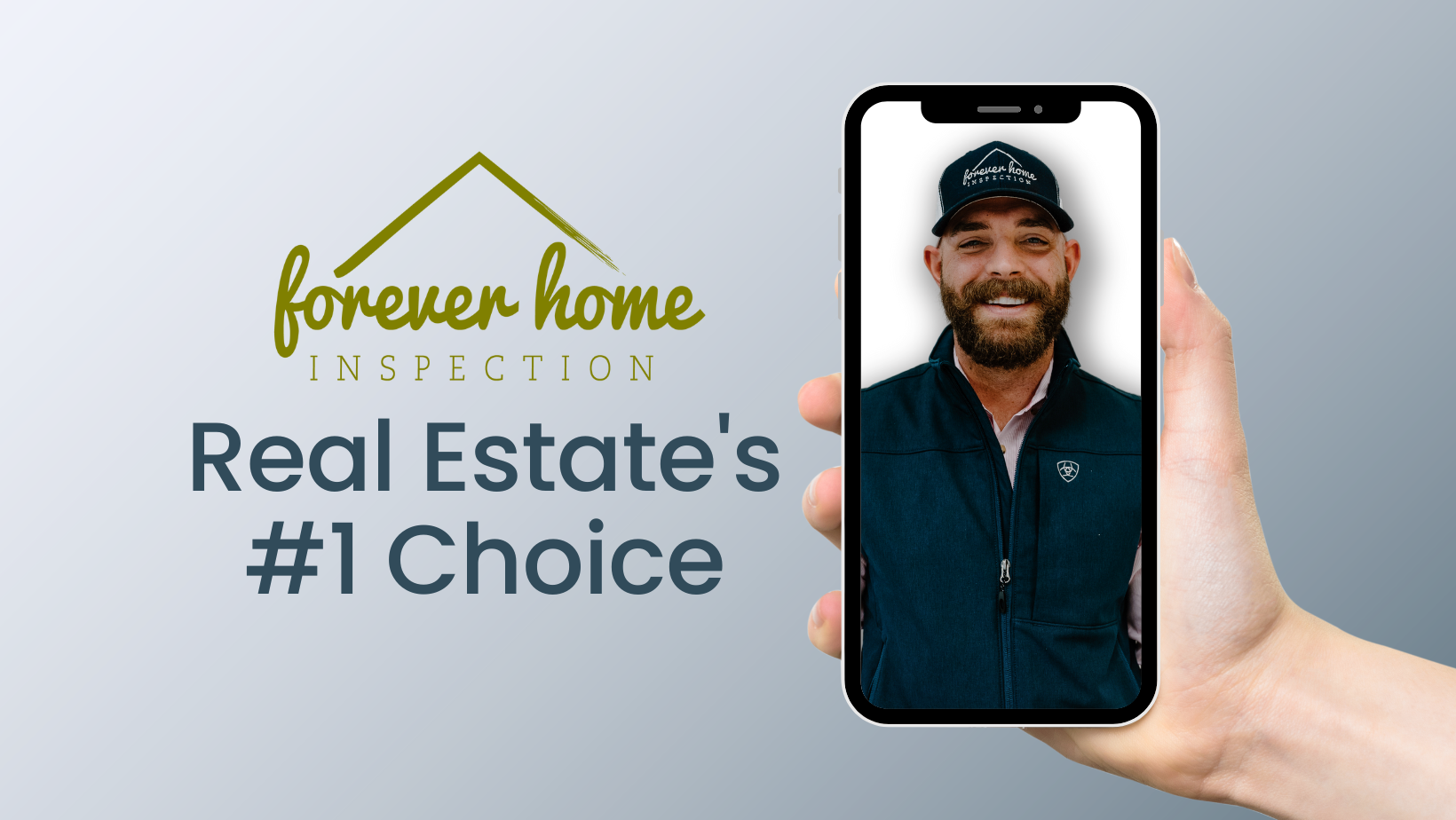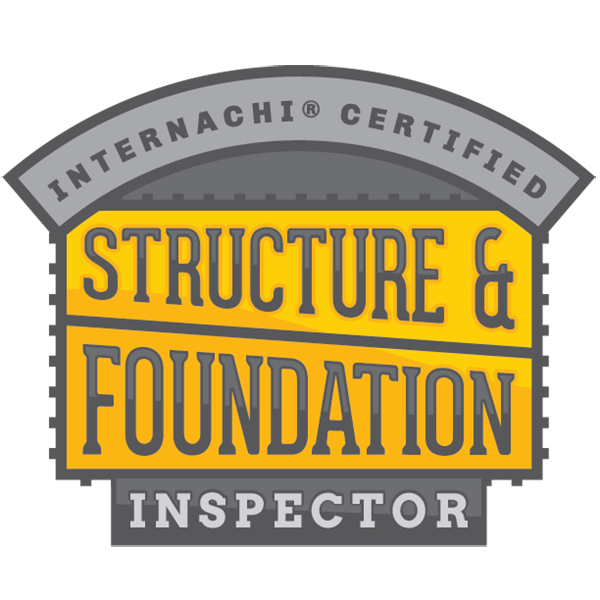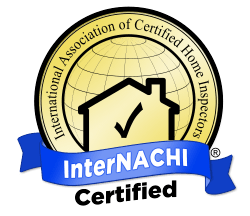FAQ About Our Home Inspection Process
PRIOR TO REQUESTING A HOME INSPECTION:
-
An inspection is an excellent way to discover the overall condition of a real estate property. It is vital to conduct a home inspection to avoid any potential costly mistake of investing in a property that may be in need of major repairs. A good inspector will help you understand the condition of the real estate property that you are inquiring about and empower you, alongside your real estate agent, to make the best investment/purchasing decision for you.
-
We are headquartered out of Tulsa, Oklahoma and perform inspections in Tulsa and surrounding cities. We are willing to travel, and we do not charge a travel fee for all inspection services performed within 60 miles round-trip from our office.
-
You can expect a well-executed home inspection followed by a thorough educational experience and a well-crafted home inspection report stocked with quality images and videos. Our inspection will leave you empowered to journey on in your decision-making process.
Keep in mind that a home inspection is a non-invasive, visual examination of the accessible areas of a residential property, which is designed to identify defects within specific systems and components of the home. Inspections are based on the observations made on the date of the inspection and not a prediction of future conditions.
-
The more of the property inspected the greater knowledge you have of the property. Our recommendation is that every buyer should have our buyer Inspection completed. Also, there may be additional aspects of the property that need to be inspected. These elements of a property may call for additional fees which are always discussed prior to the date of inspection.
-
-
One of our highly skilled and professional home inspectors will perform your home inspection.
All of our inspectors are InterNACHI certified, which means our inspectors are among the most ethical and highly trained professional inspectors in the country.
POLICIES TO KNOW:
-
We do not offer the option to defer payment to closing. We appreciate your understanding.
-
Payment is due before, or at the time of service. Upon scheduling, you will receive a confirmation email containing a link to your personalized inspection portal. The portal houses the inspection agreements for you to sign digitally, the completed inspection report (once published), and an option to pay with a valid debit/credit card or by ACH withdrawal. You may pay with check or cash, if you plan to attend the inspection, simply give payment to the inspector on site.
Click here to view an example of the payment screen.Please note, a technology fee (or credit card fee) is passed to the client when paying with credit card.
-
Each inspection agreement details the scope of practice for each service and lays out how the inspector will inspect the property. Upon signing the inspection agreement(s) you are agreeing to the limitations of the inspection, scope of practice of the service, fees, and any policies we have surrounding our services. It’s for your protection and ours!
-
If an inspection is canceled or rescheduled for any reason within 24 hours of the inspection start time, we invoice for $150.00.
Thank you for understanding!
-
The first 60 miles round-trip are completely on us! We do charge $1.00 per mile beyond the 60 miles to cover the inspector’s fuel and time. Mileage is calculated from our company mailing address to the property address.
-
Yes, if the inspection is scheduled to occur on a Saturday or Sunday, we charge an additional $50. We appreciate your understanding.
-
All of our reports are delivered the next business day by noon. If for any reason this doesn’t happen we will notify you by phone and e-mail.
INSPECTION DAY:
-
We estimate up to 1 hour per every 1,000 sq ft when a single inspector is on-site performing a full home inspection, however, the time may exceed 1 hour per 1,000 sq ft if additional services are added. But this really depends on factors such as occupancy, age of the home, condition of the home, additional systems like pools and septic systems, as well additional buildings.
-
Absolutely! We inspect the crawlspace every time so long as the weather or the conditions of the property do not put our inspectors’ safety at risk.
-
Absolutely! We inspect the roof every time so long as the weather or the conditions of the property do not put our inspectors’ safety at risk.
Our inspectors are also equipped with drones that allow us to gather visual images of areas we aren’t able to physically reach.
-
Yes, most agents will be present during the inspection process. The typical parties involved are the home buyer, home buyer's agent, and the home inspector, plus any other professionals that a client hires, such as a structural engineer, electrician, plumber, roofer, etc.
It can also be common for a seller’s agent to be present.
-
It's common practice that the seller is not present during an inspection, however, the seller does own the property and whether to stay present or not is ultimately their decision. Ideally, the seller prepares the property for inspection by having the home tidy and by making all areas of the home accessible to the inspector.
THE HOME INSPECTION REPORT:
-
Home inspection reports are guaranteed by 12 pm the following business day, but we usually publish well before the deadline.
We are extremely efficient with reporting and have an excellent report writing software that allows all data collected to be transmitted and published in a timely manner. Click here to read more about our home inspection reports.
-
We are licensed, certified, and highly trained professionals; however, we may not always have the answers for determining more in-depth analyses of systems. We always refer items outside of our scope of practice or expertise to be further evaluated by a licensed professional within that field. This will be documented in your inspection report, and we aim to inform you of these findings on-site at the end of the inspection process. We can also provide recommendations for those professionals as we highly recommend following up with these professionals prior to moving on to closing.
-
A home inspection is not technically exhaustive.
A home inspection is a non-invasive, visual inspection of a home’s systems and properties. Because the inspection is limited to what is visual and accessible, there may be occasions when an element of the home is not visual or accessible. This is called a “limitation” to the inspection.
Limitations to an inspection can include homeowner’s belongings, pets, weather, utilities turmed off, safety issues, and more.
SEWER SCOPE INSPECTIONS & SEPTIC TANK INSPECTIONS:
-
Technically, a sewer scope is a tool. But sewer scope is also commonly known as the process of the camera-led inspection.
-
A sewer scope inspection is a camera-led scoping of the lateral sewer line only. The scope will begin at the house and navigate via a long cable line to the end of the lateral sewer line.
A sewer scope inspection does NOT include scoping of all of the plumbing throughout the home.
-
The lateral sewer line is the pipe that carries all the wastewater from the home to the main sewer line or septic tank.
The lateral sewer line will end where the main sewer line begins or end at a septic tank.
-
The main sewer line is the pipe that carries all the wastewater from the lateral sewer line to the municipality.
-
The lateral sewer line is owned by the homeowner and it’s the homeowner who is responsible for the upkeep of this line.
The main sewer line is owned by the city and it’s the municipality who is responsible for the maintenance of this line.
-
Yes!
For homes connected to a municipality, we inspect the lateral sewer line only (if our cables reach that far). This is the wastewater pipe beginning at the home and ending at the main sewer line.
We do not inspect or enter the main sewer line.
The homeowner owns the lateral sewer line, and it's the homeowner's responsibility to maintain that sewer line as well as have regularly scheduled sewer scopes performed as a preventative measure.
-
No.
HOWEVER, for homes connected to a septic tank, we will inspect the lateral sewer line only (if our cables reach that far). This is the wastewater pipe beginning at the home and ending at the main septic tank. We do not inspect or enter the septic tank.
The homeowner owns the lateral sewer line and the septic tank, and it's the homeowner's responsibility to maintain that sewer line and tank; as well as have regularly scheduled sewer scopes along with tank inspections with cleanouts performed as a preventative measure.
-
An inspection of the lateral sewer line with a camera-led scope, a video recording of the findings, plus a report of the findings, along with professional recommendations to our trusted plumbing partners.
TERMITE INSPECTIONS:
-
A termite is a type of wood-destroying insect that can cause significant issues in a home's wooden structural components. Anywhere wood touches soil is a possible entry into a home for termites.
It is common for termites to go undetected for long periods, but most of the time, termites are discoverable before they cause significant damage to the property.
-
Yes, all of our Oklahoma home inspectors are dually licensed as termite inspectors and home inspectors!
-
Yes, an ODAFF 1 report will be attached as an additional document to the inspection dashboard.
-
We do not perform a termite re-inspection for the purpose of providing an ODAFF 2 report, here’s why:
As of January 2020, the ODAFF office no longer recognizes this report, nor provides access to this form to wood destroying inspectors. The purpose of this form WAS to validate that the recommendations of a termite inspector had been performed in the state of Oklahoma in accordance with the Oklahoma Department of Agriculture. ODAFF has changed the process of confirming follow-up treatments or repairs be left to the tradesperson performing the work. Should a home buyer need this report for lending purposes ODAFF instructs those buyers to contact the company who performed the treatment and/or repair and request documentation confirming work was performed satisfactorily. ODAFF has stated that there are no requirements or guidelines for this documentation process.
-
No, but we highly recommend all homebuyers in Oklahoma receive a termite inspection.
According to this zoned map, Oklahoma falls in a moderate to heavy termite activity zone.
RADON TESTING:
-
Radon, like carbon monoxide, is colorless, odorless, and tasteless. It cannot be observed, so it must be detected through a special test. Radon is a leading cause of lung cancer in non-smokers. According to the EPA, “Radon is a radioactive gas. It comes from the natural decay of uranium that is found in nearly all soils. It typically moves up through the ground to the air above and into your home through cracks and other holes in the foundation. Your home traps radon inside, where it can build up.”
This map from EPA.gov indicates the highest risk areas for radon.
-
It is not common practice for Oklahoma homebuyers to order radon testing.
However, the EPA says, “any home may have a radon problem. This means new and old homes, well-sealed and drafty homes, and homes with or without basements. Radon from soil gas is the main cause of radon problems. Sometimes radon enters the home through well water. In a small number of homes, the building materials can give off radon, too. However, building materials rarely cause radon problems by themselves.”
-
At this time, we do not perform radon testing ourselves.
STRUCTURAL ENGINEERS / RETAINING WALLS:
-
A structural engineer approaches a residential property to assess the following:
• the integrity of the property’s foundation, walls, floors, and roof, and how they work together.
• and the safety of the property’s foundation, walls, floors, and roof.
• NOT the overall condition and safety of the systems, including electrical, plumbing, heating, and HVAC, and some structural components.
-
We do not have a structural engineer on our team, however, every inspector on our team is qualified to identify structural integrity issues.
The difference is that we cannot provide the cause, nor can we provide a strategy to fix the issue.
-
We do report on the individual defects found on a retaining wall, however, we do not report on the structural soundness of the wall itself as this is outside of the SOP for home inspectors.
The only qualified professional for assessing the structural integrity of any retaining wall is a structural engineer.
-
We believe it is best to have the home inspection first. Our home inspectors are qualified to identify structural integrity issues.
We can report that a structural issue is present within the home, however, a structural engineer will be required to determine the cause and provide a strategy to fix the issue.
It’s worth saving the money to find out if the structural engineer is a necessary addition to your real estate inspection team.
POOL INSPECTIONS:
-
A pool inspection includes the following:
• Testing of the water's pH levels for safety.
• An evaluation of the pool's complex mechanical equipment.
• An evaluation of the pool's structural components.
• A pressure test for leaks.
• An evaluation for the presence of, and defects within, the safety equipment.
• Verification that the pool was professionally built.
-
We do not perform pool inspections because they are outside of the SOP for all home inspectors.
COMMERCIAL INSPECTIONS:
-
We have a sister-company that performs commercial inspections in Oklahoma, Kansas, Arkansas, and Missouri.
-
It depends on the size and scope of the property. Typically, we will inspect 2-4 units. We can make that decision with you after discussing the property in more detail.
For properties larger than 2-4 units, we will refer you to our sister-company Focus Building Inspections.





